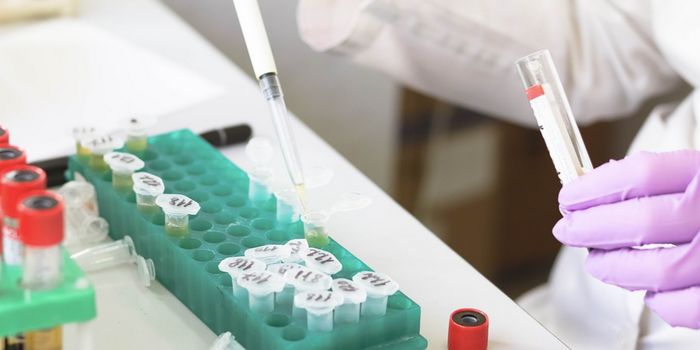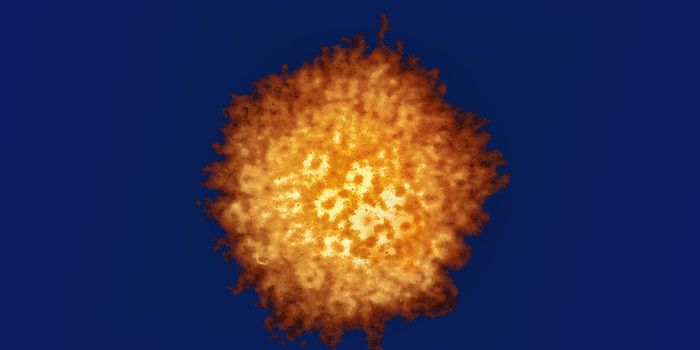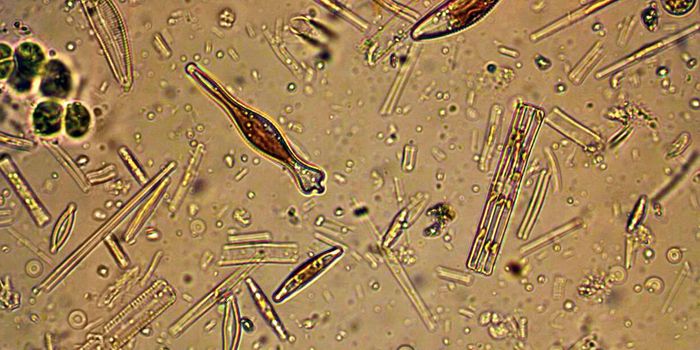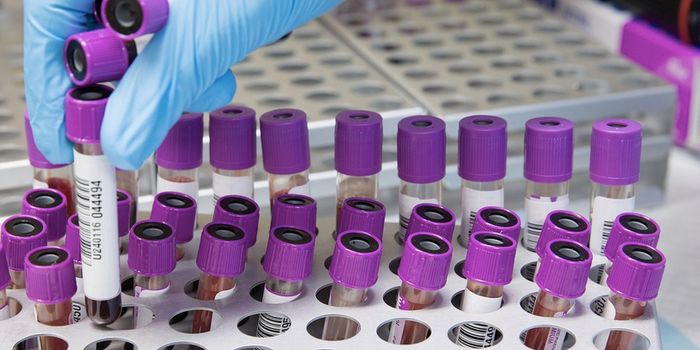How Cells Eliminate Chromosome Imbalances
Cells have to maintain the proper number of chromosomes or serious disease can result. In humans, cells each have 23 pairs and when they divide, it’s critical to stop any error that cause a gain or loss of chromosomes. MIT scientists have discovered the way our immune system can eliminate genetically imbalanced cells from the body. It seems that right after such an imbalance crops up, a cell can call for natural killer cells, special agents of the immune system and they eliminate the abnormal cells. The work has been published in Developmental Cell.
This report suggests that we may able to recruit those natural killer cells to fix chromosome imbalances. "If we can re-activate this immune recognition system, that would be a really good way of getting rid of cancer cells," suggested senior author of the work Angelika Amon, the Kathleen and Curtis Marble Professor in Cancer Research in MIT's Department of Biology, a member of the Koch Institute for Integrative Cancer Research. You can learn more about the work of her lab in the video.
When it’s time for cell division, the chromosomes of a cell first replicate and then undergo a precise process by which the chromosomes are evenly divided between the two new cells when the original cell splits in two. A failure of that even distribution causes imbalances in the daughter cells, called aneuploidy.
Aneuploidy in embryonic cells usually causes death in an organism. It’s lethal for a person to carry extra copies of most chromosomes; the exceptions all lead to disorders. Down syndrome is one example, caused by extra copies of chromosome 21. For cancer cells however, extra copies of chromosomes are the norm. Amon's lab has been interested in the uncontrollable growth of such cancerous cells.
"Aneuploidy is highly detrimental in most cells. However, aneuploidy is highly associated with cancer, which is characterized by upregulated growth. So, a very important question is: If aneuploidy hampers cell proliferation, why are the vast majority of tumors aneuploid?" asked Santaguida.
To try to answer that question, the researchers wanted to find out more about how aneuploidy affects cells. Over the past few years, Santaguida and Amon have been studying what happens to cells immediately after they experience a mis-segregation of chromosomes, leading to imbalanced daughter cells.
For this work, the researchers focused on the immediate aftermath of an imbalance in daughter cells. They intentionally disrupted the even dispersal of chromosomes during cell division, finding that when daughter cells received an uneven number of chromosomes, they quickly started another round of division, exacerbating the chromosome imbalance as well as pronounced damage to DNA. The cells eventually halted division.
"These cells are in a downward spiral where they start out with a little bit of genomic mess, and it just gets worse and worse," Amon said.
The accumulated genetic errors build until the aneuploid cells can no longer divide and instead begin producing molecules that cause inflammation. The researchers then exposed the aneuploid cells to immune cells called natural killers, which eliminated the majority of the aneuploid cells.
"For the first time, we are witnessing a mechanism that might provide a clearance of cells with imbalanced chromosome numbers," Santaguida said.
The scientists are continuing their work, aiming to learn more about how natural killer cells are attracted to aneuploid cells, and if other immune cells get in on the act. Additionally, they want to know if they can get this process going in cancer patients, as aneuploidy is a feature of 75 percent of blood cancers and about 90 percent of solid tumors.
"At some point, cancer cells, which are highly aneuploid, are able to evade this immune surveillance," Amon says. "We have really no understanding of how that works. If we can figure this out, that probably has tremendous therapeutic implications, given the fact that virtually all cancers are aneuploid."
Sources: AAAS/Eurekalert! via MIT, Developmental Cell









